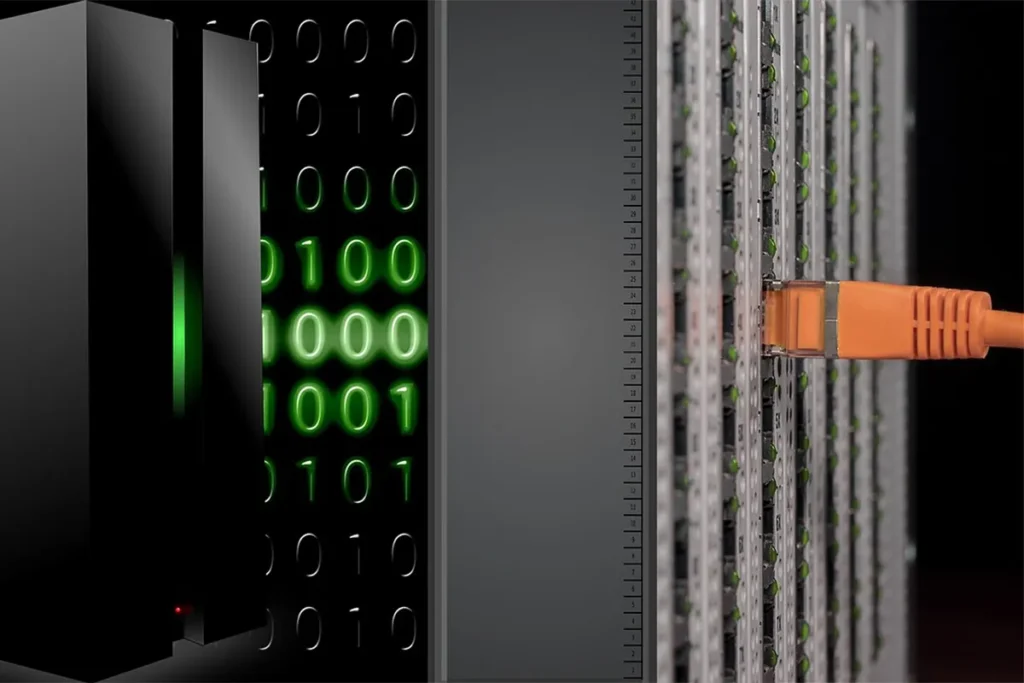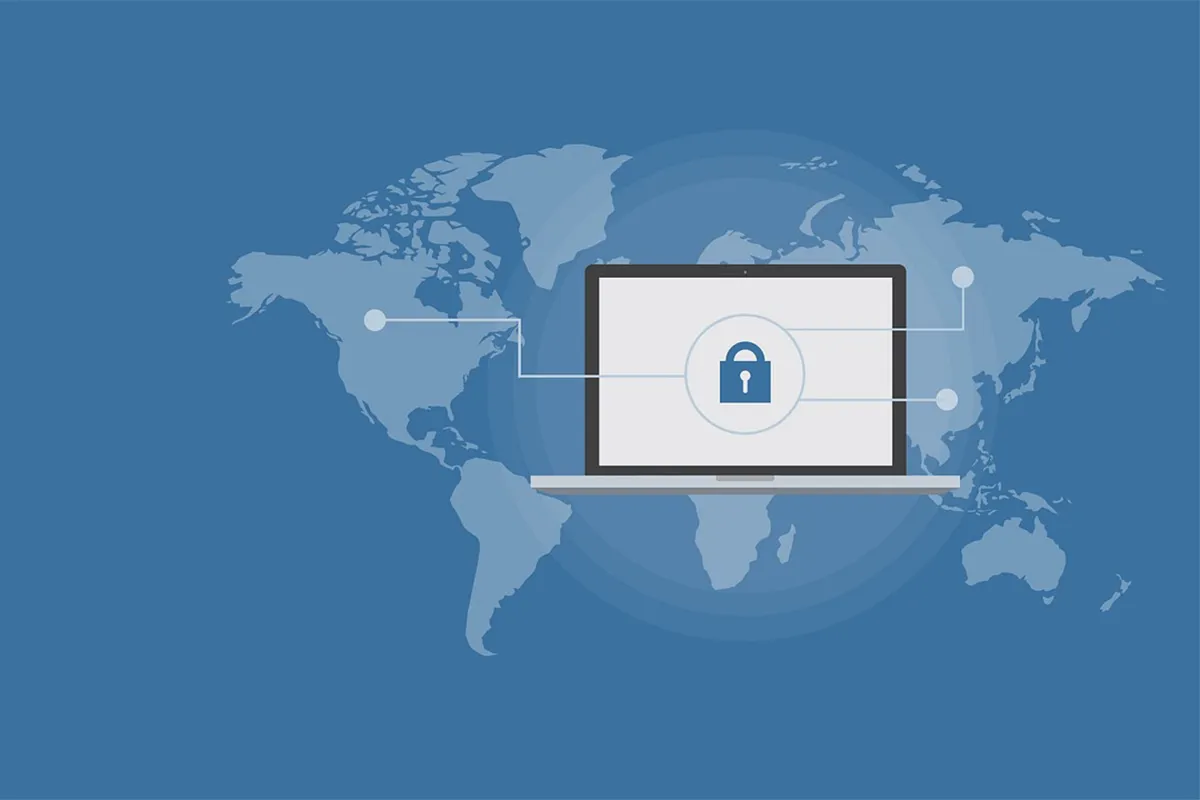The importance of CRM and its security is growing with every passing day. This software holds very sensitive information about a business. Their continuous regulation, maintenance, and upgradation may cause a security breach. And the consequences might have snowball effects. Therefore, taking fortified pre-empt measures and continuous improvement are the best solutions available.
Having a robust security system in place means your business is in the hands. Protected data enhances customer trust and sales. Reputation is another important factor that adds to the growth and success of a company.
The best CRM for start-ups and businesses ensures they comply with all the security regulations. Before getting to academia, finding out the best practices for CRM data security is worth reading.
The Potential CRM Data Security Risks
In the world of CRM, there are a few minor data security risks. These threats should be countered and neutralized before they may breach any data.
Personal Identifiable Information: Personal Identifiable Information (PII) is important in CRM systems. This data contains names, addresses, emails, and phone numbers. Hackers can access this information, and it can lead to identity theft. Financial data is another crucial part of CRM. Credit card numbers and transaction histories are examples of this data. This type of data needs strong protection. Customer interactions can also be sensitive. These include emails, chats, and service requests. All this information makes CRM an attractive target for cybercriminals.
Common security threats: Cyberattacks are one of the biggest threats to CRM data security. Hackers use many methods to break into systems. They can steal or corrupt data in seconds. Insider threats are also important. Employees may misuse their access to sensitive data. They could leak important information without even knowing. Data breaches happen when attackers access private information. Organizations often suffer damage to their reputation after a breach. The costs can also be big.
Industry regulations and compliance: Different industries have strict regulations. Insurance, finance, and healthcare must follow laws that protect customer data. Organizations must understand these regulations. Not following them can result in heavy fines.
The Best Practices for CRM Data Security
Where your data security gets weaker, you can make it strong with continuous observation and immediate compliance. Make sure you remember to follow the instructions in words and spirit.
- Access Control: Access control is a key practice for protecting CRM data. Organizations should use role-based access. This means employees can only access data that is relevant to their jobs. User authentication methods also make security stronger. Organizations should use strong passwords and two-factor authentication.
- Data Encryption: Data encryption is very essential. In-transit encryption protects data during transfer. It makes sure that no one can read the data while it moves. At-rest encryption keeps data safe when it is stored. This adds an extra layer of security.
- Regular Security Audits: Regular security audits are very crucial. Internal audits help to find weak points in the systems. Organizations should get third-party assessments for an unbiased view.
- Employee Training: Employee training is important for data security. Security awareness programs teach staff about risks. Phishing simulations help employees recognize threats. Training makes a security culture in organizations.
Implementation Framework
A strong security policy protects CRM data. First, you should define your security objectives. These objectives guide your actions. Clear goals keep your team focused and effective. You need to document your procedures and responsibilities. This makes accountability. Everyone must know their role in protecting the data.
Data is very valuable. Implementing data backup solutions protects it. You should decide how often to back up your data. Daily, weekly, or monthly backups are necessary, based on your business type. You must not skip regular backups. Backups are your safety net. Choose secure storage methods for your backups. Use encrypted cloud solutions or secure places. This way, your data stays safe from threats.
Prepare for surprises with an incident response plan. You need to develop an incident response team. The team must include people with different skills. Each member has a role during a security incident. You should train the team regularly to keep them sharp.
Create clear response steps for different situations. These steps guide your team on what to do during a data breach, cyberattack, or other incidents. Quick and organized responses save time and reduce damage.
Technology Solutions for CRM Data Security

Technology is important for CRM data security. You must use firewalls to protect your network. Firewalls block access from unwanted users. You should keep your system safe from online threats. Employ antivirus and anti-malware tools for your protection.
These tools detect and remove harmful software. They protect your data every day. Choose good and reliable CRM software that has built-in security features. Look for audit trails that track data access and changes. Anomaly detection alerts you when unusual activities happen. These tools help you stay ahead of risks. Always seek to improve your security measures. You must be proactive, not reactive, for best results.
Monitoring and Continuous Improvement
Monitoring activity and access logs help to protect CRM data. Organizations need to track who accesses the data and when. This helps to identify unusual activity. When someone tries to access data, they should not; alerts can warn security teams. Monitoring helps to catch problems early.
Regularly reviewing security policies keeps organizations safe. Data protection laws change often. New technologies also appear all the time. Security policies must adapt to these changes. Organizations should meet often to discuss their security policies. This keeps everyone informed about best practices. It also shows a commitment to security.
Staying updated on threat trends is very important. Cyber threats are always changing. New methods and attacks appear every day. Organizations must know what is happening in the security world. This helps them stay ahead of hackers. Following trusted sources for news can be useful. Training staff on new threats can also help them.
Conclusion
CRM systems hold valuable information. Protecting this data is important. Monitoring, reviewing, and staying updated build a strong defence. Organizations that follow these steps show they care about security. They also set a good example for others in the industry.
Monitoring access and activity helps to catch threats quickly. Regular reviews make sure policies stay relevant and effective. Threat trends awareness keeps organizations prepared. These practices create a strong security framework.
Data security in CRM systems is not just a simple task. It is a process that needs dedication. Organizations cannot afford to be complacent. One mistake can lead to serious consequences. Protecting customer data builds trust. Organizations that show strong security can succeed in their markets. In the end, prioritizing CRM data security is important for long-term success.
